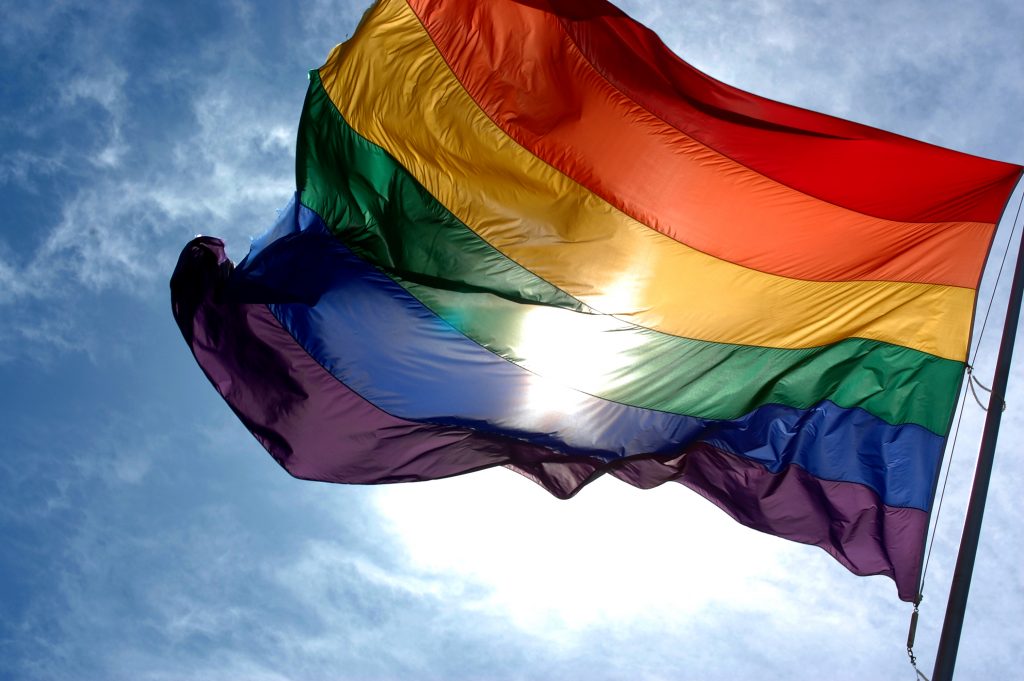A letter released by bishops in the Diocese of Lichfield regarding the inclusion of LGBT+ people in the Church of England has sparked controversy, leading to debate about what it means to include and honor. The May 9, 2018 letter, signed by four bishops, reported on the Church of England’s work on a new Teaching Document on human sexuality, set for release in 2020, and on the Diocese of Lichfield’s own work toward “radical Christian inclusion founded in scripture, in reason, in tradition, in theology and the Christian faith as the Church of England has received it.”
The letter acknowledges the increasing prominence of discussions and debates in the Church over sexuality and seeks to provide a framework for approaching these conversations with pastoral sensitivity and compassion. The bishops write:
“We acknowledge that talking about human sexuality and gender identity in the Church is difficult. It means talking about our lives and the deeply personal loves and attachments that shape them, about our understanding of ourselves and our relationship with God and others, and about the core convictions of our faith. These are deep issues affecting us all, whatever our gender or sexual identity. They evoke vulnerability, since these are the places where we take the risk of being open and making ourselves known, where we share our thoughts and joys and pains and desires and where we hope to find understanding, connection and nurture. Moreover, in the Church of England conversations about these matters often bear a weight of pain and distrust caused by past experiences of hurt, exclusion and misunderstanding.
In this letter we address some of the pastoral dimensions of these issues. We do not here discuss contested theological or ethical questions. In particular, in this letter we do not address the issue of blessing same-sex relationships, or of same-sex marriage. Rather, we are writing here about issues faced by all of us as we seek to live alongside others in the Church which is the Body of Christ.
Our basic principle is that all people are welcome in God’s Church: everyone has a place at the table. There is no theological problem with simply providing welcome, an extension of the welcome that God continually offers to each of us. This, we believe, is the starting point of that radical Christian inclusion for which the Archbishops have called.”
In a May 17 rebuttal, Bishop of Maidstone, The Rt. Rev. Rod Thomas responded to the letter and expressed concern that the original letter was too permissive of behavior that makes one unworthy of full participation in the life of the Church, including receiving Communion. He writes:
“As part of the national church, I would fully agree that we want to encourage everyone to participate in the life of the church to the maximum extent possible. However, I wonder whether the reference to ‘a place at the table’ for all might be taken by some to imply encouragement for all to participate in Holy Communion. This understanding would create a tension with the BCP Article 25 distinction between ‘worthy’ and ‘unworthy’ participation. One of the practices in many churches is to draw attention to this distinction and to welcome those who have sought to repent and have placed their trust in Christ’s atoning work on the cross; it is then up to the individual members of the congregation to decide on their participation. In this respect, the Church of England has always had the practice of ‘charitable assumption.’”
He continues:
Your advice that nobody should be told that sexual orientation or gender identity in itself makes them unsuitable candidates for leadership in the Church is very helpful. Indeed, the way in which people acknowledge some of the challenges they face in these areas and seek to be faithful to God’s Word can be great examples of godliness to all of us. That said, I would hope that those offering for ministry of any sort would see their primary identity as in Christ, rather than these aspects of their personhood. Difficulty arises where potential candidates have active sexual relationships outside marriage which are seen as intrinsic to their identity. In these cases, a fuller exploration of the consequences of discipleship may be needed before a teaching ministry can be considered . . .”
The letters come at a time when the question of LGBT+ inclusion continues to engender debate in both the Episcopal Church and worldwide Anglican Communion. The Anglican Episcopal Church of Brazil recently voted to change their canons to allow same-sex marriage, six years after Brazil began allowing same-sex civil marriages.
In the United States, the lead up to General Convention 2018 has brought increased attention to the issue of LGBT+ inclusion. A grassroots organization, All Sacraments for All People (ASAP), is seeking to make same-sex marriage rites available to members of all dioceses in the Episcopal Church. Currently eight dioceses ban the use of trial rites for same-sex marriages and blessings.

